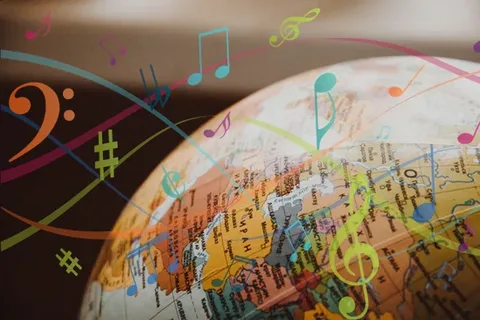In every culture, people gather to play. From ancient dice games scratched into stone to digital bingo cards displayed on smartphones, play has been humanity’s constant companion. It is more than leisure—it is a mirror of culture, a subject of law, and a way for people to connect across generations.
Online Entertainment Trends: From Local Halls to Digital Spaces
For decades, bingo nights in the Philippines were fixtures of fiestas and family gatherings. The clinking of coins used as markers, the laughter of neighbors, and the suspense of each called number made the experience unforgettable.
Now, those same traditions continue in online spaces. Platforms like Nustar games allow players to share in the excitement of live draws no matter where they are. What was once limited to a neighborhood hall has become a global community. Entertainment has always been social; today, technology simply expands its reach.
Gambling and the Law: A Historical Balancing Act
Games of chance have always existed in tension with law. Roman leaders banned dice games, though artifacts show soldiers kept playing. Medieval rulers outlawed gambling when unrest threatened but reintroduced lotteries to finance projects. Each society tried to balance human enjoyment with the need for regulation.
The Philippines follows this same historical rhythm. When PAGCOR licensed online bingo in 2022, it was not just a legal step—it was recognition that culture and technology had already shifted. Regulation ensured fairness, safety, and continuity, proving once again that law adapts to play, not the other way around.
The Science Behind the Thrill
Why do people continue to be drawn to games of chance? Neuroscience has an answer. The brain’s dopamine system responds powerfully to unpredictability. Every spin, roll, or draw creates anticipation, and that anticipation itself feels rewarding.
Psychology adds that games are deeply social. They foster laughter, rituals, and shared suspense. Even when people connect through screens rather than physical halls, the same emotional responses arise. A virtual cheer in a chatroom is no less real than applause in a crowded space.
Rewards That Reflect Belonging
Community games have always offered recognition beyond the jackpot. Players were celebrated for participating, whether through applause, encouragement, or small tokens. This made everyone feel included.
Modern platforms carry this tradition forward. Systems like pagcor casinos highlight loyalty and engagement, recognizing that play is not just about victory. It’s about the shared journey, the sense of belonging, and the celebration of persistence.
Games as Cultural Heritage
Archaeologists uncover dice, boards, and game tokens in ruins because play was never trivial. These objects were part of daily life, reflecting how people understood fate and fortune.
In the Philippines, bingo became woven into cultural identity. It appears at fiestas, fundraisers, and family nights, symbolizing more than entertainment—it symbolizes community. The transition to digital play does not erase this meaning; it preserves it, allowing younger generations to experience the same joy in ways that fit their time.
Looking Ahead: Innovation With Roots in Tradition
The future of play may feature virtual reality halls, artificial intelligence-driven personalization, or interactive global tournaments. Yet history tells us the fundamentals will remain. Games will always blend suspense with joy, law with leisure, and tradition with innovation.
From ancient dice in dusty markets to bingo apps played on glowing screens, the story of play has always been about connection. It reminds us that entertainment is not an escape from life but a vital part of it—one that reflects our culture, shapes our laws, and unites us across generations.
For deeper reflections on how games continue to evolve with culture and law, go here to explore further.


